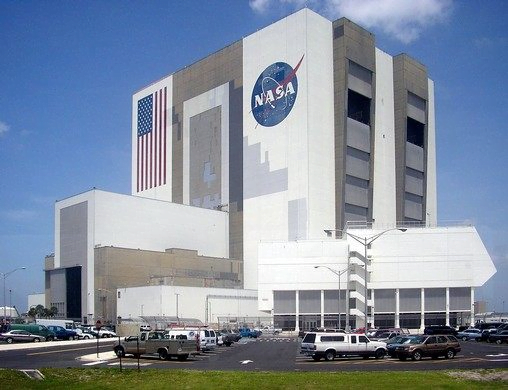A New York-based company, Air Company of Brooklyn, has developed a groundbreaking solution to address the nutritional needs of astronauts during deep-space missions. Their innovative approach involves recycling astronauts’ exhaled carbon dioxide to cultivate yeast-based nutrients, which are then used to create protein shakes. This breakthrough has placed Air Company as a finalist in a NASA-sponsored contest aimed at advancing technologies for sustaining space crews.
Air Company, known for its carbon-negative aviation fuel technology called AIRMADE, has adapted its expertise in food growth to meet the unique challenges of space exploration. Co-founder and Chief Technology Officer, Stafford Sheehan, affirms that the yeast-based protein drink produced through their carbon-conversion process is more nutritious than traditional space beverage options like Tang, which gained popularity during the early days of space travel.
Originally developed for producing high-purity alcohols, such as jet fuel, perfume, and vodka, Sheehan modified the carbon-conversion technology to generate edible proteins, carbohydrates, and fats. The resulting single-cell protein drink, with a consistency similar to whey protein shakes, offers a taste resembling seitan—a tofu-like meat substitute made from wheat gluten that originated in East Asian cuisine.
In addition to protein drinks, the same process can be applied to create carbohydrate-rich alternatives for staple foods like bread, pasta, and tortillas. Sheehan envisions the astronauts’ diets being complemented by other sustainably produced food items to ensure culinary variety during space missions.
NASA recently announced Air Company as one of the winners in the second phase of the Deep Space Food Challenge, granting them a prize of $750,000. The competition seeks to identify innovative approaches to meet the nutritional requirements of space travelers. The final round of the contest is yet to take place.
Ralph Fritsche, space crop production manager at NASA’s Kennedy Space Center, emphasizes that human waste alone is insufficient as a nutrient source for plant growth. As NASA plans for long-duration missions to Mars and beyond, developing self-contained, low-waste food production systems that require minimal resources becomes critical.
Efforts to advance space-based food production also have significant implications for addressing food scarcity and climate change on Earth. Fritsche notes that controlled environment agriculture, including vertical farms, will be instrumental in supporting both space exploration and sustainably feeding the growing global population.
Sheehan emphasizes that their innovations aim to produce familiar products in a more sustainable manner rather than reinventing them. As NASA continues its pursuit of space exploration, these advancements in astronaut nutrition and dining experiences will play a crucial role in ensuring the well-being of spacefarers and finding sustainable food production solutions for our planet.


